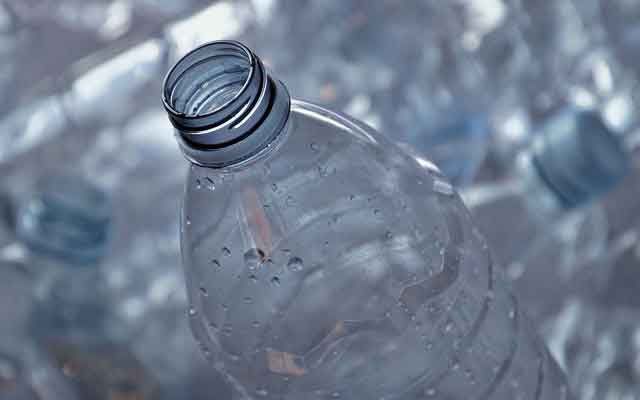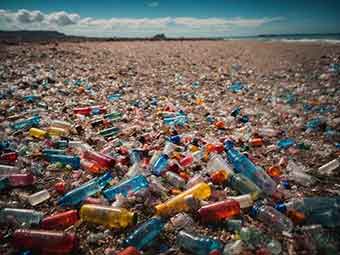.
What is BPA or Bisphenol? The Shocking Truth About Plastics
BPA: The Toxic Chemical You Need to Know About
Reading time: 1 minute, Discovery Chepe Id-382-SAL
Published on 07-29-2024

Plastic has become an omnipresent material in our lives. From our food packaging to the clothes we wear, plastic is everywhere. However, the excessive production and use of plastic has serious consequences for the environment and health.
BPA, or Bisphenol A, could be dangerous in your food or liquid container. It is a chemical compound that is mainly used in the manufacture of two types of plastics:
1. Polycarbonate: A transparent and resistant plastic that is used to make baby bottles, reusable water bottles, water dispensers, CDs and DVDs, among others.
2. Epoxy resins: They are used to coat the inside of food and beverage cans, as well as to manufacture other products such as stainless steel thermoses and some types of thermal paper.
Bisphenol Exposure: Protecting Yourself and Your Family

Possible risks of BPA:
BPA has been classified as an endocrine disruptor, meaning it can interfere with the body's natural hormones. Some studies have linked BPA exposure to a number of health problems, such as:
a) Developmental problems in children: It has been suggested that BPA may affect the development of the brain and reproductive system in children.
b) Fertility problems: Exposure to BPA has been linked to fertility problems in both men and women.
c) Cancer: Some studies have found a possible association between exposure to BPA and the risk of breast, prostate and other types of cancer.
How to reduce exposure to BPA?
1. Avoid products containing BPA: Look for products that are BPA free. You can find this information on the recycling symbol on the product.
2. Do not heat food in plastic: Heat can cause BPA to leach from plastic into food.
3. Use alternatives to plastic: Use glass, stainless steel or bamboo to store food and drinks.
4. Wash food cans thoroughly before using: This can help remove some of the BPA from the can's lining.
5. Avoid thermal paper: Thermal paper, like that used for grocery receipts, can contain BPA.
BPA is a chemical compound found in several types of plastic, and to reduce your exposure to BPA, you can avoid products that contain it, do not heat food in plastic, use alternatives to plastic, and wash food cans thoroughly before use them.




